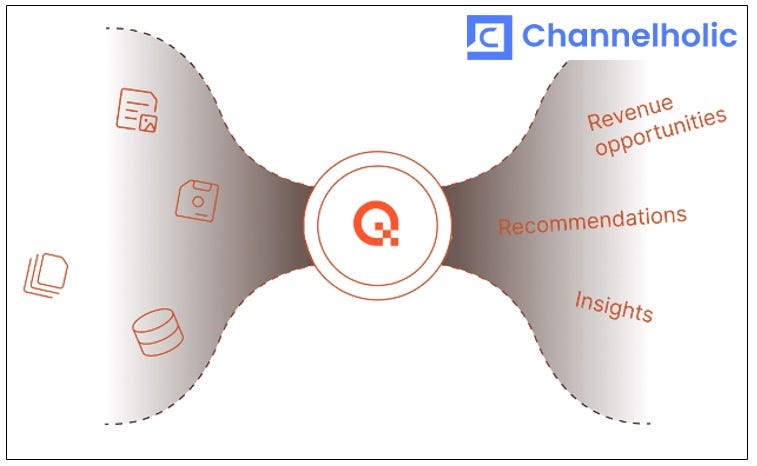zofiQ Takes on the Hyperautomation Big Boys
A startup scarcely a few weeks old is going right at the market everyone from ConnectWise and Kaseya to Pia and Rewst is pursuing.
That a sizeable, rapidly growing software maker like NinjaOne isn’t prioritizing AI is good news for a newcomer to the world of managed services that I stumbled across recently, because AI for MSPs is almost all it does.
Named zofiQ (pronounced ZOH-fick), the company officially launched its solution two weeks ago, very roughly three years after CEO and co-founder Lee Silverstone (pictured) caught the agentic AI bug and two years after he quit his job at a venture capital firm to pursue that passion. Shortly afterward, an acquaintance sent him a research deck about the MSP market.
“My jaw was on the floor,” Silverstone recalls. “How had I never heard of the space before?”
The crash course he subsequently gave himself, by cold calling MSPs and picking their brain, quickly led him to conclude they were the perfect fit for the kind of product he wanted to build, partly because help desk work is painful and expensive and partly because so much of it can be done (unlike in plumbing or gardening, say) by software rather than humans. The clincher, though, was the realization that the RMM and PSA systems MSPs use are packed with the thing AI needs above all else: data.
“The data lakes that exist at MSPs are so rich,” Silverstone says. “We were like, this is it. This is the space where you can have a massive impact.”
That was some 18 months ago. Since then, zofiQ has built a solution and recruited about a dozen test users, mostly through word of mouth. “We’d meet an MSP, they’d buy the product, and then they would introduce us to someone else,” Silverstone says.
Now he’s selling to everyone, but selling against a whole lot of companies too. As we’ve noted elsewhere, everyone from Atera and ConnectWise to Kaseya and Syncro has hyperautomation functionality, as do AI-for-MSP specialists like Pia and RPA vendors like Rewst. zofiQ believes it has three advantages over all of them, however:
It’s easier to deploy. The system connects to PSA software from ConnectWise, Kaseya’s Datto unit, Halo, and others in five minutes, Silverstone says, and is ready for use in a half hour.
Unlike RPA software, it doesn’t require manual configuration.
AI is all the company does, unlike bigger vendors such as Kaseya and ConnectWise that do a lot.
“It’s hard to be a traditional software vendor and all of a sudden become an agentic AI company with a large code base and a large product to maintain,” Silverstone says. “Historically, that’s why startups have built amazing products and won markets. They’re able to be very fast and iterate quickly.”
Already, according to Silverstone, zofiQ can do things none of the RMM/PSA makers can match, like read and act on screenshots attached by end users to their tickets or draw on data from multiple vendor knowledge bases.
OK, but is zofiQ really agentic?
Only partly, I’d say, for now.
“We don’t ask MSPs to define business logic for our agents,” Silverstone says. “Our AI is smart enough to go learn from their historical tickets.”
That’s an important qualification for agentic status, but only one. For the most part, zofiQ’s software is more like a Microsoft- style copilot than an Atera-style autopilot—for now. Fully autonomous functionality, which is already in use on a custom-coded basis for a few especially large customers, is presently in the works for everyone else.
Pricing for the system (a topic we’ve written about at length in regards to agentic AI) is per agent per month. “If you want the triage agent, it costs x. If you want remediation for NOC tickets, it costs y,” Silverstone says. Just like human technicians, he adds, each agent has a daily maximum capacity for tickets processed.
“Once you cross above that threshold you need to hire another,” Silverstone says. “We basically think about them as almost like employees.”




